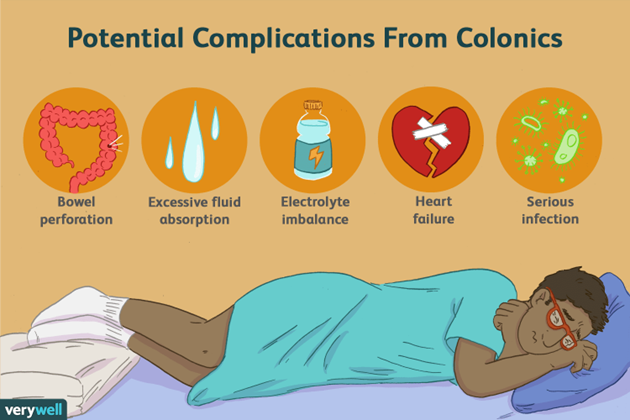A nurse is administering furosemide 80 mg PO twice daily to a client who has pulmonary edema.
Which of the following assessment findings indicates to the nurse that the medication is effective?
Adventitious breath sounds.
Elevation in blood pressure.
Weight loss of.8 kg (4 Ib) in the past 24 hr.
Respiratory rate of 24/min.
The Correct Answer is C
“Weight loss of.8 kg (4 Ib) in the past 24 hr.” Furosemide is a diuretic that decreases the pressure caused by excess fluid in the heart and lungs.
A weight loss of.8 kg (4 Ib) in the past 24 hr indicates that excess fluid is being removed from the body, which is a sign that the medication is effective.
Choice A is incorrect because adventitious breath sounds are a symptom of pulmonary edema, not an indication that the medication is effective.
Choice B is incorrect because furosemide has direct vasodilatory outcomes 2, which would decrease blood pressure, not elevate it.
Choice D is incorrect because there is no information found to support this statement.
Nursing Test Bank
Naxlex Comprehensive Predictor Exams
Related Questions
Correct Answer is C
Explanation

Colonics, also known as colonic irrigation or colon hydrotherapy, involves flushing the colon with fluids to remove waste and is not recommended for individuals with diverticulitis.
Choice A is wrong because acupuncture is not a contraindication for a client with diverticulitis.
Choice B is wrong because saw palmetto is not a contraindication for a client with diverticulitis.
Choice D is wrong because guided imagery is not a contraindication for a client with diverticulitis.
Correct Answer is C
Explanation
The nurse’s priority for immediate intervention is tachypnea, which is rapid breathing.
Tachypnea can be a sign of respiratory distress and requires immediate intervention.
Choice A is wrong because while a fever may indicate an infection, it is not the priority for immediate intervention.
Choice B is wrong because while blood-tinged secretions may indicate bleeding, it is not the priority for immediate intervention.
Choice D is wrong because while IV infiltration may cause discomfort and require attention, it is not the priority for immediate intervention.
Whether you are a student looking to ace your exams or a practicing nurse seeking to enhance your expertise , our nursing education contents will empower you with the confidence and competence to make a difference in the lives of patients and become a respected leader in the healthcare field.
Visit Naxlex, invest in your future and unlock endless possibilities with our unparalleled nursing education contents today
Report Wrong Answer on the Current Question
Do you disagree with the answer? If yes, what is your expected answer? Explain.
Kindly be descriptive with the issue you are facing.
